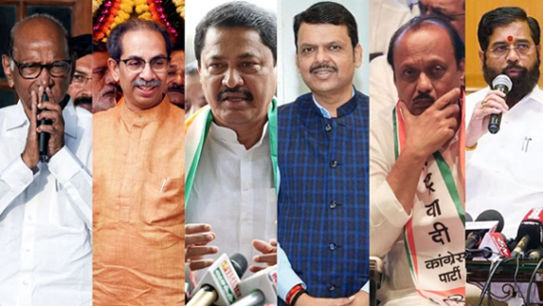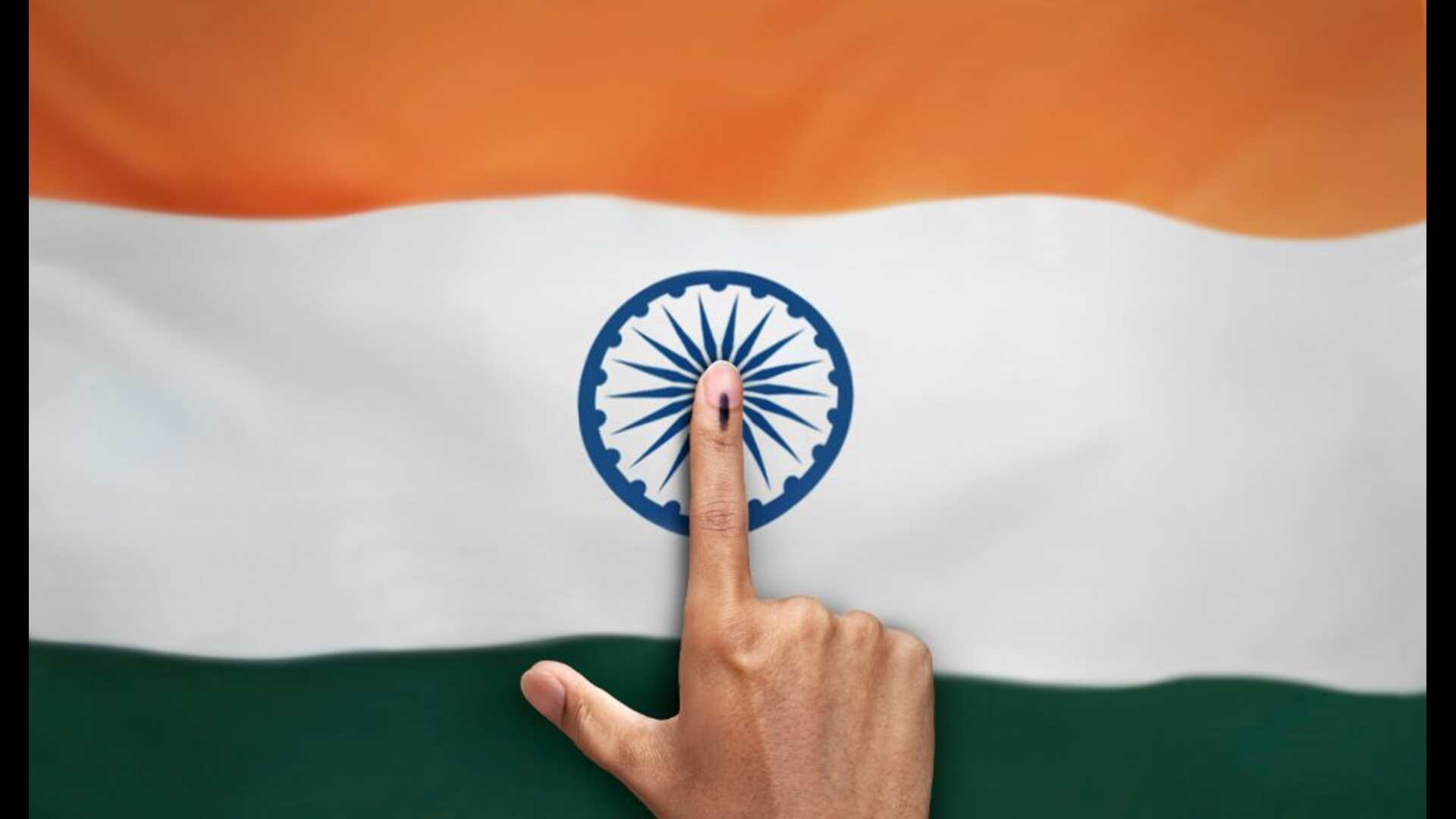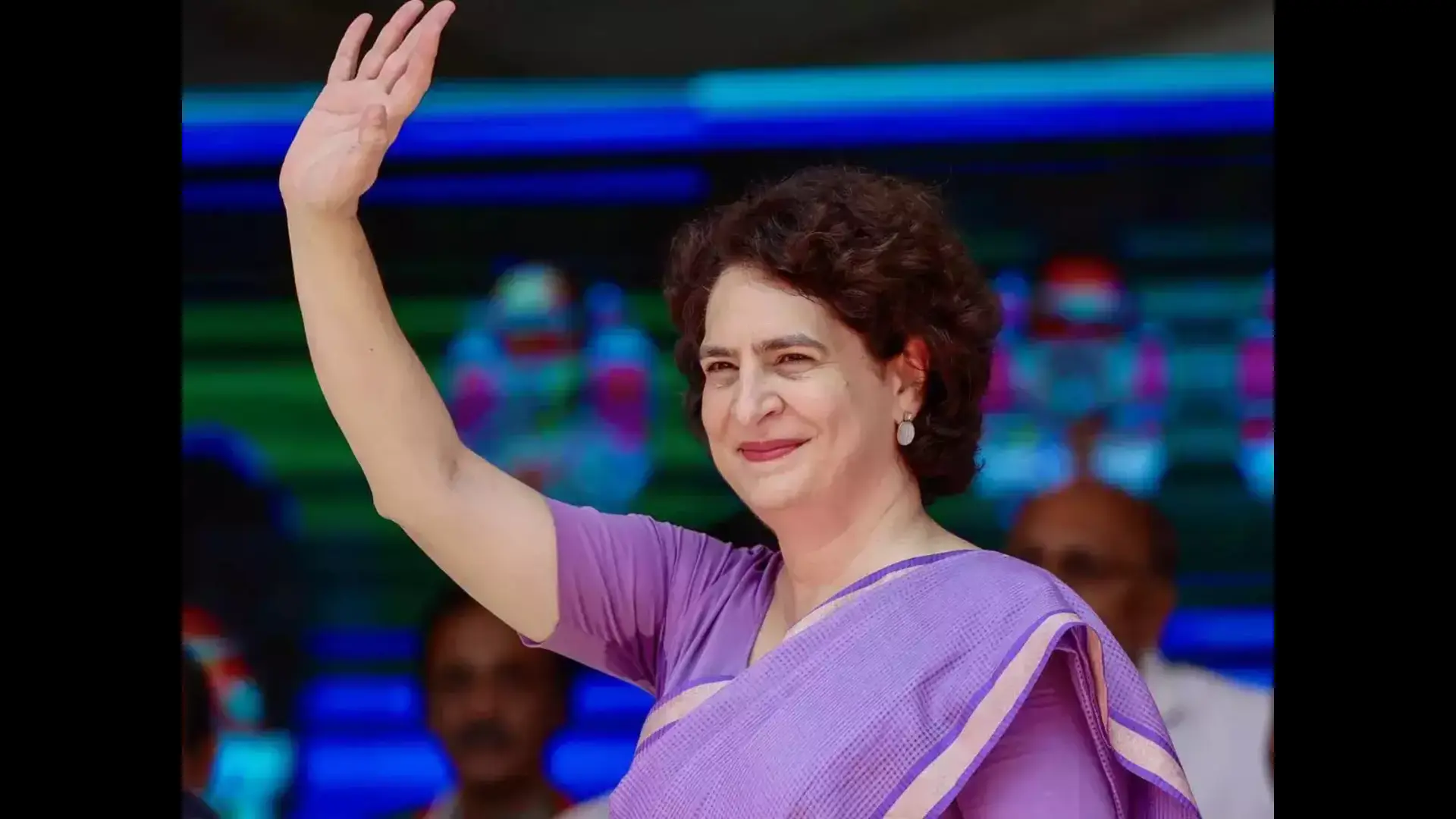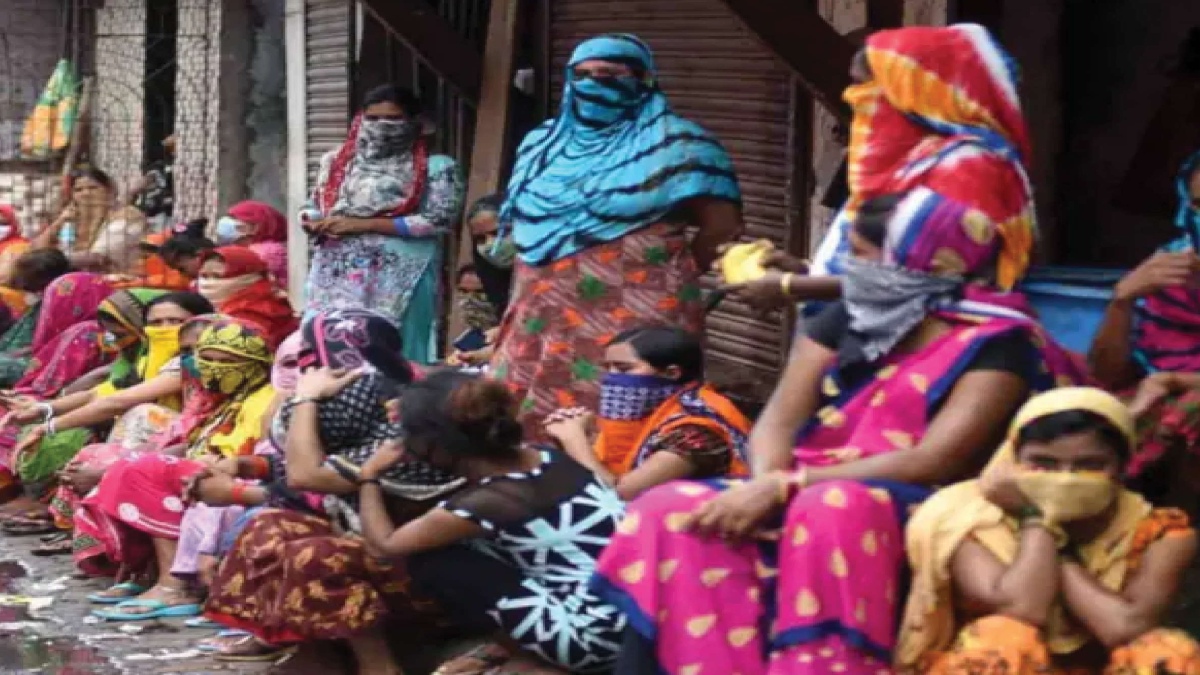
THE BACKGROUND
On 1 May 2021, the Indian government made vaccines available to all adults above the age of 18 years. The CoWin platform with all its comprehensive procedures, which was promoted with the idea of enabling access to vaccines has failed immensely. It has encouraged social exclusion of vulnerable communities all over the country, who are illiterate, uninformed and digitally challenged, to say the least. The CoWin platform requires identity documents and access to a smartphone or computer along with strong internet connection. While healthcare and vaccine shortages affected everyone, the digital divide amongst the population in India has ensured that some are more fortunate than the rest. As the tech-savvy population effectively utilised the internet to get beds, drugs and vaccines, the people on the other side of the tracks were completely abandoned. Within the definition of “vulnerable communities”, one would be able to accommodate sex workers- people who have always been outside the law. Because of social stigma and marginalisation, they have not even been considered when several decisions were taken by the Indian Government to tackle COVID-19. Demeaned indirectly if not directly throughout their lives, this population has been misinformed and overlooked during the pandemic.
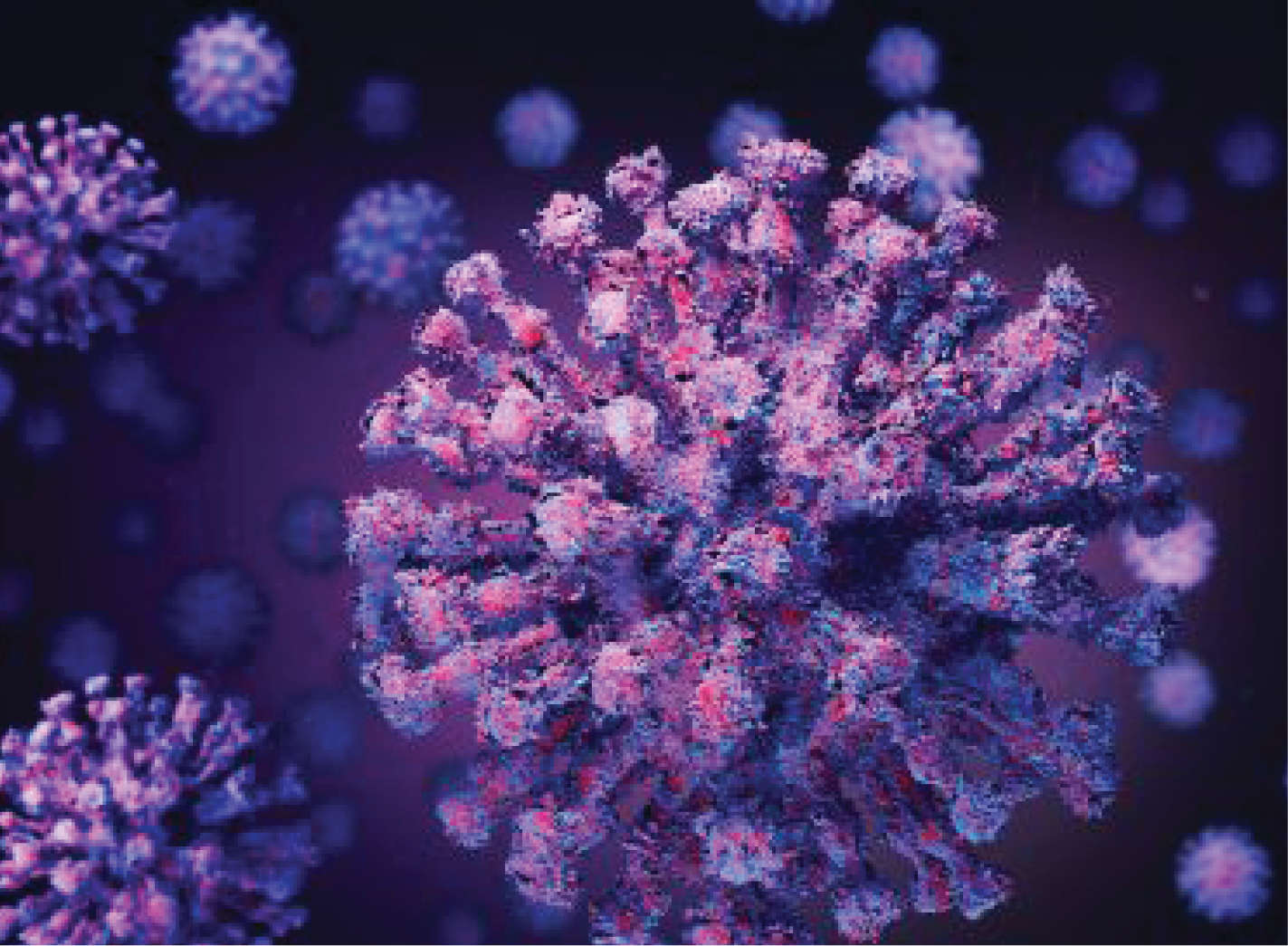
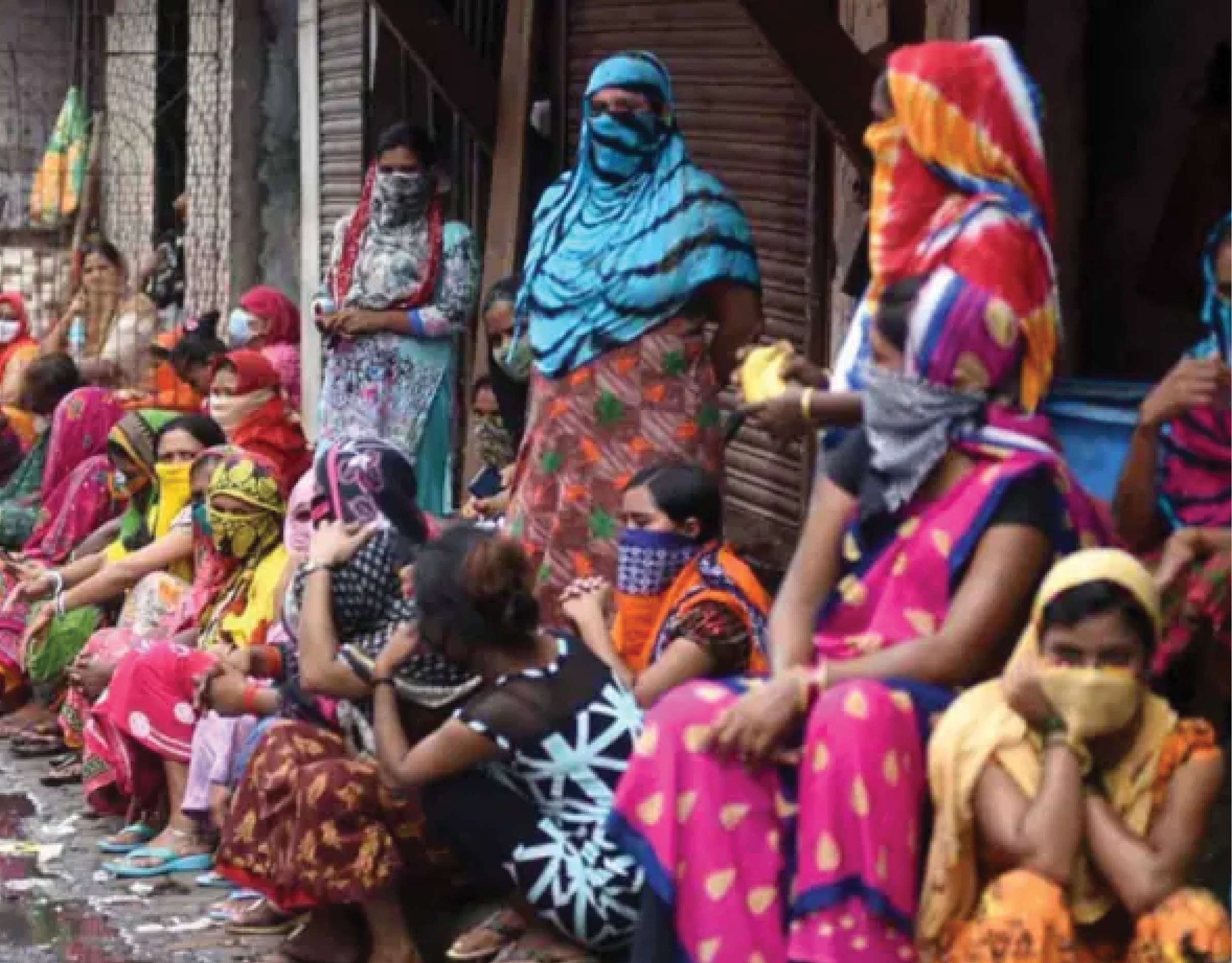
HUMAN RIGHTS OF SEX WORKERS
Sex workers are a group of people who in constant risk of abuse and endangerment. Discrimination, rape, physical and sexual harassment are just a few things that they have to constantly look out for and try to avoid. Sex work where there is no coercion, exploitation and rape is only consensual adult sex, and yet has been criminalized. While offences like trafficking, abuse and coercion can safely be called outright cruel and illegal, sex work that is beyond the scope of these factors are still looked down upon in various countries. Although this is still the case in several countries, many International Human Rights bodies have fought for their human rights around the world. These bodies would include Amnesty International, Human Rights Watch, United Nations treaty bodies, UNAIDS and WHO. There have been several instances of these organizations and others interfering into the treatment of sex workers. In 1999, the Committee on the Elimination of Discrimination against Women (CEDAW) issued General Recommendation No. 24 asking for special care to be given to women who belong to vulnerable and disadvantaged groups in the society, including sex workers. The Committee against Torture (CAT), which monitors the Convention of Torture and the Special Rapporteur on Torture have spoken for the rights of sex workers several times where there has been blatant discrimination. Additionally, the CAT has spoken against the denial in access to justice to sex workers when they are some of most vulnerable groups who undergo abuse and lack of essential facilities on a daily basis. These are merely a tip of the ice berg in the fight for the rights of sex workers. Moving on to the Universal Declaration of Human Rights (UDHR), it should be observed that a sex worker, like any other person, possess the right to life, liberty and security under Article 3 and protection against cruel punishments, treatment and torture under Article 5. The treatment of sex workers in various parts of the world is a violation of human rights which is identified as fundamental to every individual universally without any discrimination whatsoever.
INDIAN LEGAL STATUS OF SEX WORKERS
Narrowing it down to the Indian demographic, one would be able to notice that sex work in India which is governed by the Immoral Traffic (Prevention) Act, 1956, in the strict sense, is legal. However, when one digs deeper, they would be able to find gray areas within the Act that criminalize various supporting activities of sex work such as managing brothels and soliciting customers. On the surface, India seems to have decriminalized sex work as expected by many International bodies, although not entirely, but that is not the case. In fact, the majority of the Indian population refuses to acknowledge the lives of sex workers. Ignorance is not a crime but it definitely reflects on the privilege that one has on making that choice. That choice is an embodiment of privilege, and unfortunately, alien to vulnerable people like sex workers. In this context, the insufficiency of the Act to regulate sex work in India, while also determining offences and protecting victims rather than giving them the same punishment as the propagators of rape, coercion and exploitation is questioned. It is also pertinent to note that, despite subtle attempts by the judiciary to safeguard the interests of sex workers, it can be observed that there is a blaring gap between the judiciary and executive itself. In Kajal Mukesh Singh & Ors. v. The State of Maharashtra [2020 SCC OnLine Bom 954], it was held by the Bombay High Court that adult sex workers have fundamental rights under the Constitution such as the right to life under Article 21 and freedom of choosing one’s profession under Art 19(1)(g), following which the adult sex workers were set free. In 2011, the Supreme Court in Budhadev Karmaskar v. State of West Bengal [(2011) 10 SCC 283] asked the state government to prepare policies for the well-being of sex workers. It is rather embarrassing to see that neither of these judgements have been valued enough for action to be taken. In addition to this, sex workers have strived to be recognised under the labour welfare legislations in India for long time. The exclusion of sex workers from labour legislations has made them prey to various exploitative practices that go beyond the law. On one hand, they have been outcast from the society on moral grounds and on the other, the law of the land has failed to be comprehensive of their welfare. Just when things could not get worse, an unexpected pandemic hit them like a truck.
THE TROUBLES OF SEX WORKERS DURING COVID-19
At the beginning of the spread of the virus in 2020, not many sex workers were able to travel back to their homes. Unfortunately, not many of these people have a place to call home. The lockdown was shoved down their throats and they had to accept this new reality where they had no means of income or the ability to pursue another profession. Sex workers being a part of the informal labour sector, who depended on their customers for daily income were completely lost. While under normal circumstances, these people could have shifted to domestic work like construction work if they possessed the skill set, the lockdown stole that option from them. Even otherwise, while some sex workers have the option of shifting to domestic work gradually after the lockdown is lifted, one can only imagine the situation that transgender people were in, considering how sex work has been forced onto most of them because of social stigma. It is no question as to what happens to sex workers who are entirely dependent on what they do without any other skill whatsoever. Amidst the pandemic, there were many rumours of how shutting down red-light areas and brothels would help reduce the COVID-19 cases. This was followed be several incidents of violence against sex-workers. However, this could not be farther from the truth. Factually, many studies have gathered in the recent years (such as the one conducted by the Centre of Urban Policy and Governance, Tata Institute of Social Sciences in 2016) that there has been a massive shift from brothel-based sex work to sex work through other platforms. This study showed that brothel-based sex workers in one of the most populated red-light areas in India- Kamathipura, had fallen from 50,000 in 1992 to 2000 in 2010 to about 1000 in 2016, establishing that there is a clear decrease in the number of brothel-based sex workers. Therefore, sex workers cannot assume sole blame for the increase of cases during the pandemic. In March 2021, sex workers were subjected to abuse of power by police officers in Karnataka where they were forced to pay a fine without getting due receipts for them. These sex workers were brutally beaten within the premises of the police station and blackmailed that they would be charged for offences that they never committed such as selling illegal drugs. If this is not abuse of power, then what is? This was followed by a protest by the sex workers who stated that they faced police brutality despite several complaints to the State Human Rights Commission. Beyond all this, there is still a problem that they face which is a matter of life and death- the CoWin registration process to procure vaccines in India. The Supreme Court on 31st May, 2021 in the case of In Re: Distribution of Essential Services and Supplies During Pandemic (Suo Motu Writ Petition (c) No.3/2021) presided over by a 3-Judge Bench comprising of Justices DY Chandrachud, L. Nageswara Rao and S. Ravindra Bhat, highlighted the apparent digital divide between the rural and urban India and asked the Centre to “wake up and smell the coffee”. A parallel can be drawn between the observations of the Hon’ble Court in this matter and how most sex workers are digitallyhandicapped. In addition to this, the CoWin registration process and provision of ration in several States also requires a government ID proof and most sex workers would not be in possession of such documentation. Moreover, several sex workers are HIV positive and have a weak immune system. They are scared of visiting crowded places because of their condition. Some of these sex workers who are HIV positive have not been treated for it and are afraid about the symptoms of the vaccine. Misinformation amongst the vulnerable communities has only added fuel to the fire.
LOOKING AHEAD
Many states have taken the lead in arranging vaccination drives specifically for sex workers such as West Bengal and Mumbai. However, this is merely a thought and would be helpful only if implemented in all States with a unified front. It is also pertinent to note that the vaccine shortage in India would only be an addition to the woes of sex workers in the country, as they would lose their chance at getting vaccinated just when the States have started to take actions for their benefit. The clang of glass bangles, the fragrance of jasmine and their body is not all that sex workers represent. They are human. They deserve to live and be treated with respect. Ironically, they are entitled to it under the Constitution of India. Amidst chaos and death, we all deserve to be treated as one. Remember: We are all gasping for breath here.


